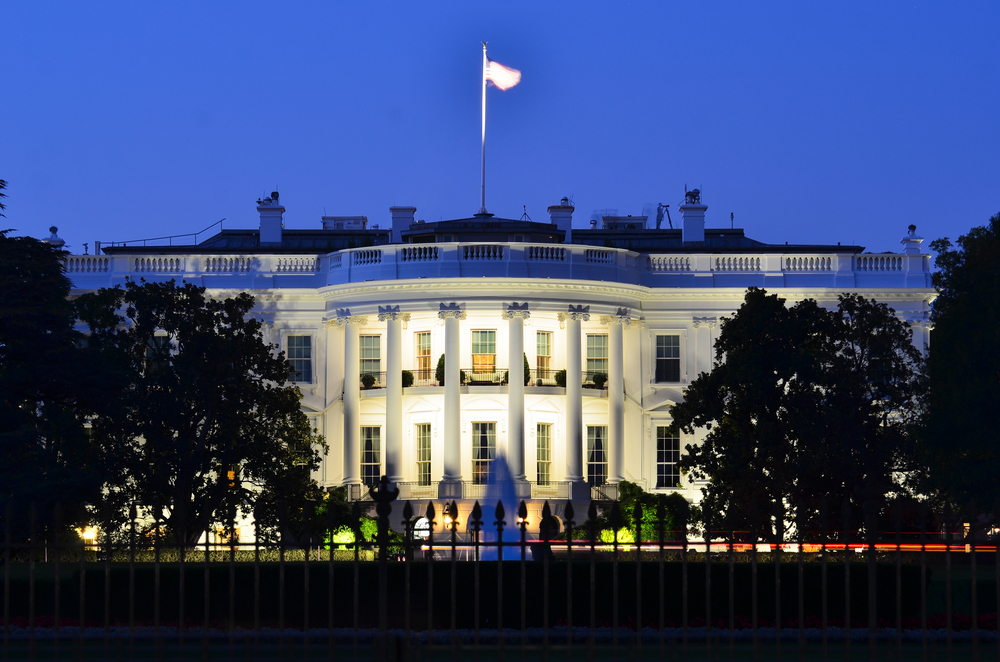As post-Snowden America well knows, for some years now the National Security Agency (NSA) has been collecting bulk telephone metadata under the authority of Section 215 of the PATRIOT Act and aggregating it into data banks subject to government query. Under the “business records” provision of this law, the NSA has been collecting all kinds of information about the numbers you dial, how often you dial them, and how long your conversations are—and it’s been doing so for years. READ MORE
Snowden Strikes Back: Mass Collection of Telephony Metadata Struck Down By the Second Circuit











